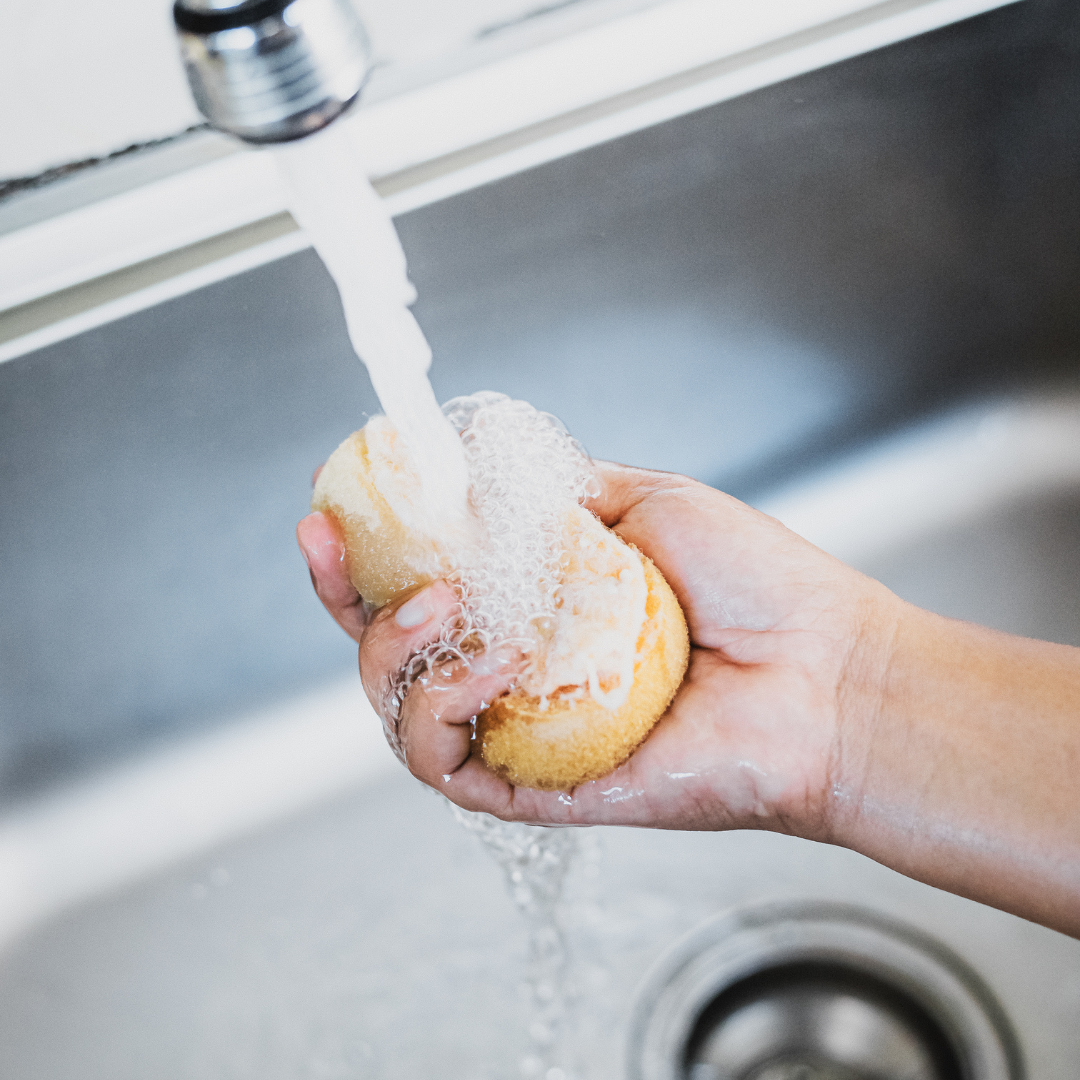Buying a home isn’t just a great investment, it’s a milestone of the American Dream. The home-buying process can seem complicated not only to first-time buyers, but to seasoned homeowners as well. That’s why The Packer Group put together this handy cheat sheet for you – to break down the process step by to step to seem a bit less overwhelming. While not every deal will look exactly like this, we hope this gives you a better idea of a typical home buying experience.
First – Get pre-approved for a mortgage
Shop around for mortgage lenders (we can point you to ones we trust here) and get pre-approved for a mortgage. Being “pre-approved” isn’t the same as being “approved” for a mortgage (hence the “pre”). It means you’ve provided the bank some preliminary information about your finances, and they have let you know how much you would likely be approved to borrow.
Getting pre-approved accomplishes two important things:
- You’ll know the maximum amount that you can spend. (Keep in mind that this is the TOP of your budget range, not necessarily a number to shoot for.)
- It shows the home seller that you are actually capable of purchasing their home. Sellers won’t accept an offer on a house unless you have a pre-approval letter.
These two factors make getting a pre-approval a MUST.
Second – Choose and meet with a Realtor
Working with a seasoned Realtor from The Packer Group makes the entire home-buying process simpler and less stressful. Your Realtor will help you navigate the market, walk you through each step in the buying process, and protect your interests.
Tap into your Realtor’s wealth of experience and knowledge! Our Realtors know neighborhoods you might not be familiar with, home repairs to watch out for, and so much more.
You don’t pay any fees when you use one of our Realtors to buy a home – the seller pays for that (unless the purchase agreement stipulates otherwise).
Third – Go look at some homes!
It’s never been easier to look a variety of homes fast … and in your PJs. Your Realtor will probably send you new listings daily of homes that meet your parameters. You can check them out online first, or go straight to an in-person showing. When you find houses you’re interested in, just tell your Realtor. They’ll schedule a time for you to go tour homes together.
Fourth – Put in an offer
Once you’ve found a home you love, it’s time to put in an offer. Many times, in this fast-paced market you will need to submit your offer shortly after viewing the home. There is nothing quite like falling for a home, only to lose it to another buyer because you dilly dallied. You and your Realtor will discuss the amount you want to offer, and then your Realtor will send in a formal offer with a fixed window of time for the seller to accept, reject, or counter it.
Fifth – Negotiations
More than likely, your Realtor will negotiate with the listing agent on your behalf. The price of the home can go up or down. Who pays closing costs? Does the seller throw in appliances? Your Realtor will do their best to help negotiate a fair deal while protecting your interests.
Sixth – Offer Accepted. House Goes into Escrow.
Once your offer is accepted, your house goes into Escrow, which is a magical land of waiting around. “Escrow” is where the house stays while all the other parts of the home-buying process are being completed.
Seventh – Get Inspections
Now’s the time to get the home professionally inspected. This usually happens between 5-10 days after your offer is accepted. The inspector will check for safety and structural repairs that are recommended to be taken care of before your contract is finalized.
Your purchase agreement will probably be contingent on the home inspection’s findings. That way, if the inspector finds something significant, you can pull out of the contract. For less-than-devastating repairs, you can ask the seller to fix them. You will be responsible for paying the inspector unless otherwise specified in your contract.
Eighth – Your mortgage company orders an appraisal (If applicable)
If you are using a mortgage lender for part or all of the purchase price of your home, a home appraisal will be a part of that financing approval process. The purpose of your appraisal to make sure the house you’re buying is worth at least the amount of money the mortgage company is lending you. The mortgage company takes care of all of this. You are, however, required to pay for the appraisal unless otherwise specified in your contract.
Ninth– Paperwork Hurricane
In this stage, your mortgage is being processed and underwritten. Titles are deeds are being pulled. Most of this you don’t have to do, but you should expect to provide documentation of all kinds of things at this stage.
Also, during this part of the process, your credit, debt-to-income ratio and all your financial information is being examined by your mortgage company. Don’t make any big purchases right now, and don’t take out any other loans. Either could count against you in the mortgage-approval process.
Tenth – Final Walk Through
This usually happens a day or two before closing. You and your Realtor will walk through the home one last time to make sure all negotiated repairs have been taken care of and nothing that would affect the sale has changed (like a burst pipe, broken window or a leaky roof).
Eleventh – Closing day!
Finally, it’s time to sign some papers and get the keys! Better do some hand exercises, because you’ll sign your name about 80 million times that day. It’s worth it, though. Now you’ve got what you’ve been wanting – a wonderful home!
We’d love to help you find your next “Home Sweet Home”
We hope this guide has helped clear up some questions you might’ve has about the home buying process. If you have more questions, or if you are ready to start looking for your dream home, our staff of experienced Realtors are at your service. Just give us a call at 734-707-7992 to get started today!





